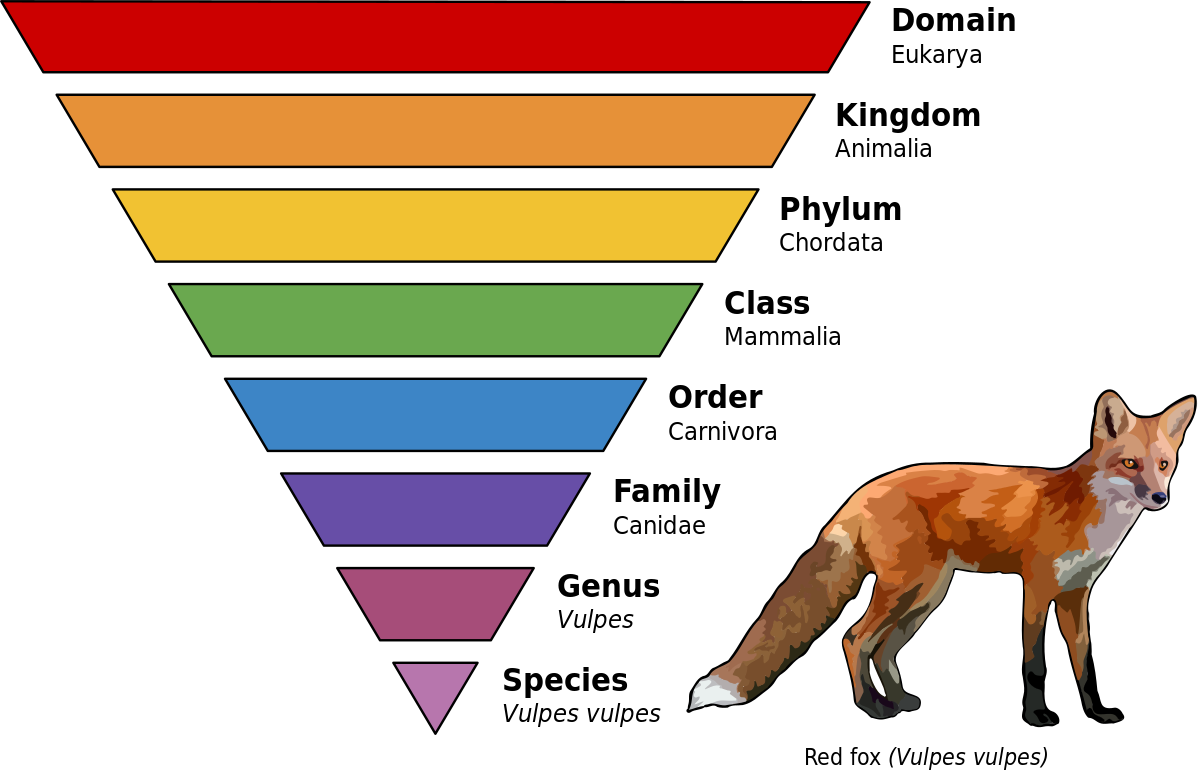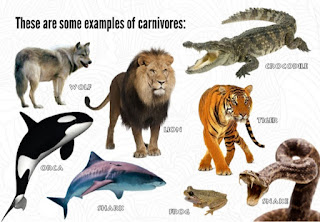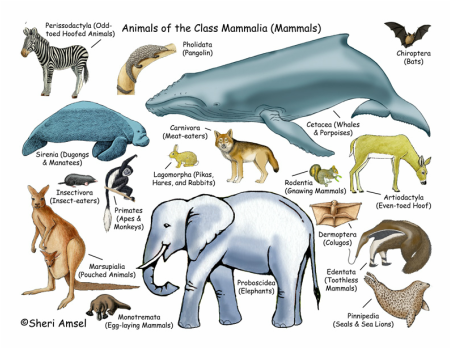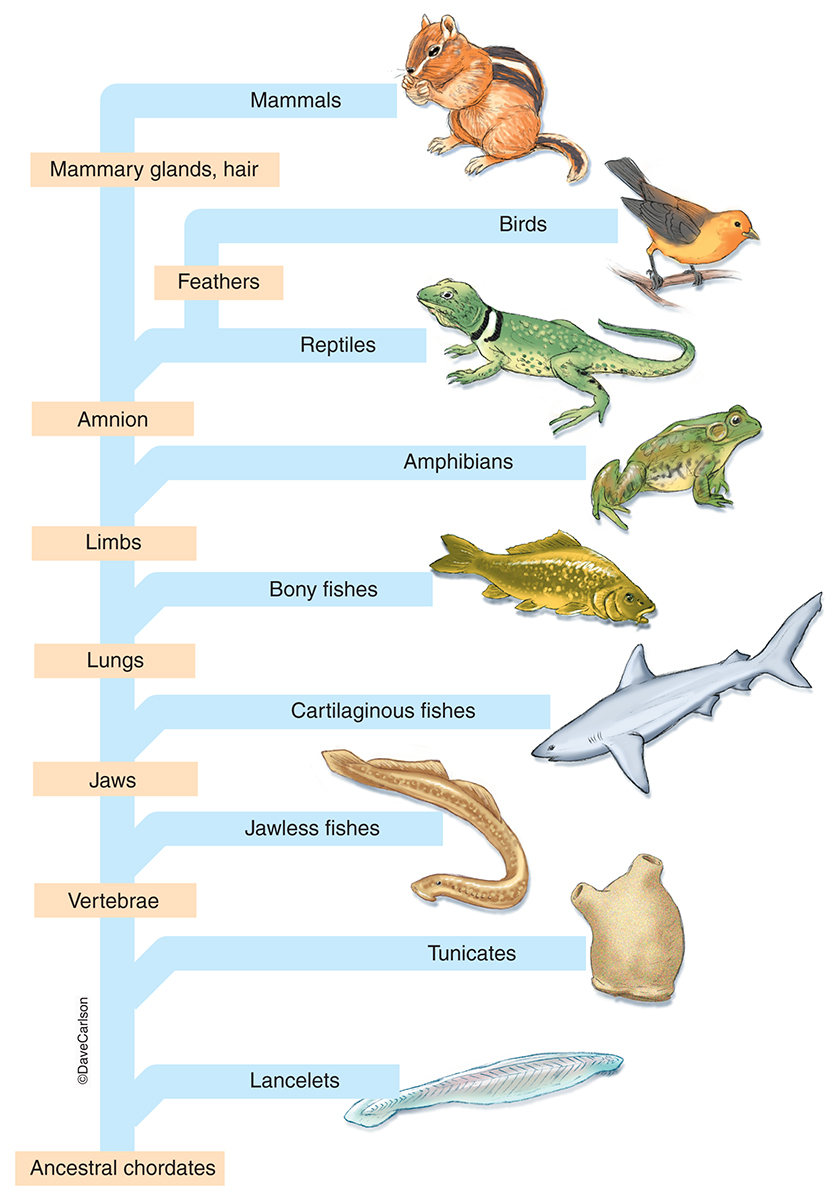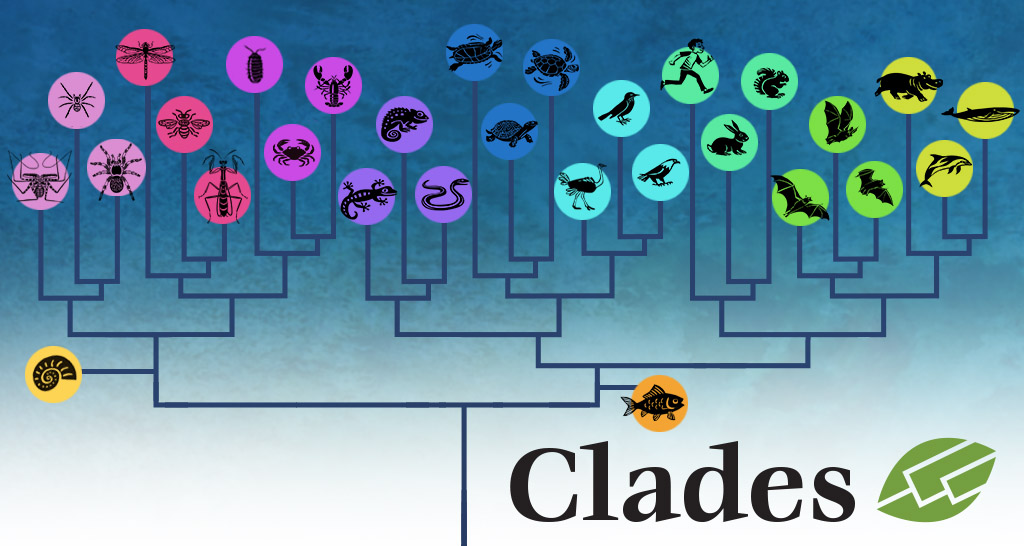Most sciences (any field of systematic study in fact) use a set of technical terminology that are defined in ways quite distinct from everyday English. Evolutionary sciences do the same. The most difficult part of this is the terminologies associated with phylogenetics, which uses the features in the biological features of living and extinct life-forms to infer and reconstruct possible evolutionary relationships between animals, plants etc.
This thread is an attempt to shed some light on what these terminologies mean and how they are used in reconstructing the evolutionary history of organisms. Hopefully, it will help in clarifying the issues a bit.
Let's start with the most central term: The Species
A species is a lineage,i.e. a collection of organisms, that share a unique evolutionary history and are held
together by the cohesive forces of reproduction and development.
That is a very succinct definition. Future posts will make clear what is meant by unique evolutionary history and what they cohesive forces of reproduction and development are.
Origin of Species
Every species has a unique historical origin, either by
a) Cladogenesis, which is defined as the division of one (ancestral) species into new (daughter) species, or b) Reticulate speciation, which is defined as the formation of a new species through the hybridization of two (ancestral species).
Note that the term "unique historical origin" does not imply that there is a specific and sharp time instant when speciation occurred. The "speciation event" may be a long drawn out process that may span hundreds to hundreds of thousand years through which the many many generations of the ancestral species group are slowly diverging/transforming/hybridizing to form the clearly differentiable daughter species group.
In phylogenetic classification, the word taxon (plural: taxa) is regularly used. So I will define it next.
Taxon
A taxon is ANY named group of organisms.
That's it. Its basically a fancy word for "group". It can be any group. So for example, the word "Bird" is a name that groups certain organisms together. So "Bird" is taxon. So does the word "elephant" or the word "dog". Any such word that groups a set of organisms together is a taxon. So a taxonomist is a scientist that groups organisms together in a scientifically systematic manner. Usually when the word taxon or taxa is used, it means that that specific group has been created by taxonomists using certain systematic scientific standards.
The next most important word in phylogenetics is the word Clade.
Clade
A clade is a monophyletic group of taxa (i.e. a group of groups) that encompasses an ancestral species and all its descendant species.
So consider, for example, the following figure:-

Note that ancestor species 3, ancestor species 4 and species I, L, O, B together form a monophyletic group and hence is a clade as an ancestor and all its descendants have been taken into account. So this clade can be expressed as {3, 4, I, L, O, B}
Similarly ancestor 2 and T, R form another clade as, again an ancestor and all its descendants have been considered. So this clade is {2, T, R}
Of course ancestor1, ancestor 2, ancestor 3, ancestor 4 and T, R, I, L, O, B all together also form a clade where the ancestor is the species 1 and everyone else is its descendants. {1,2,3,4, T, R, I, L, O, B}.
Similarly another clade can be {4, L, O, B} etc.
Note that the group {2, 4, R, B} is not a clade as an ancestor and all its descendants have not been grouped together.
Clearly then, the clades are basically what is commonly known as evolutionary trees where an ancestor and all its evolutionary descendant species have been correctly grouped into a single super-group.
Inferring these clades from features of living and extinct life forms is the primary task of a phylogenticist.
That, I hope, is a reasonable beginning. I will add more to this as time permits.
Note: I will use different sources for my posts in this thread. The current definitions are mostly taken from the book "The Nature of Diversity" by Brooks and McLennan. Please see the link to the book,
The Nature of Diversity
The author profiles:-
Daniel R Brooks - Google Scholar Citations
D. Mclennan
This thread is an attempt to shed some light on what these terminologies mean and how they are used in reconstructing the evolutionary history of organisms. Hopefully, it will help in clarifying the issues a bit.
Let's start with the most central term: The Species
A species is a lineage,i.e. a collection of organisms, that share a unique evolutionary history and are held
together by the cohesive forces of reproduction and development.
That is a very succinct definition. Future posts will make clear what is meant by unique evolutionary history and what they cohesive forces of reproduction and development are.
Origin of Species
Every species has a unique historical origin, either by
a) Cladogenesis, which is defined as the division of one (ancestral) species into new (daughter) species, or b) Reticulate speciation, which is defined as the formation of a new species through the hybridization of two (ancestral species).
Note that the term "unique historical origin" does not imply that there is a specific and sharp time instant when speciation occurred. The "speciation event" may be a long drawn out process that may span hundreds to hundreds of thousand years through which the many many generations of the ancestral species group are slowly diverging/transforming/hybridizing to form the clearly differentiable daughter species group.
In phylogenetic classification, the word taxon (plural: taxa) is regularly used. So I will define it next.
Taxon
A taxon is ANY named group of organisms.
That's it. Its basically a fancy word for "group". It can be any group. So for example, the word "Bird" is a name that groups certain organisms together. So "Bird" is taxon. So does the word "elephant" or the word "dog". Any such word that groups a set of organisms together is a taxon. So a taxonomist is a scientist that groups organisms together in a scientifically systematic manner. Usually when the word taxon or taxa is used, it means that that specific group has been created by taxonomists using certain systematic scientific standards.
The next most important word in phylogenetics is the word Clade.
Clade
A clade is a monophyletic group of taxa (i.e. a group of groups) that encompasses an ancestral species and all its descendant species.
So consider, for example, the following figure:-
Note that ancestor species 3, ancestor species 4 and species I, L, O, B together form a monophyletic group and hence is a clade as an ancestor and all its descendants have been taken into account. So this clade can be expressed as {3, 4, I, L, O, B}
Similarly ancestor 2 and T, R form another clade as, again an ancestor and all its descendants have been considered. So this clade is {2, T, R}
Of course ancestor1, ancestor 2, ancestor 3, ancestor 4 and T, R, I, L, O, B all together also form a clade where the ancestor is the species 1 and everyone else is its descendants. {1,2,3,4, T, R, I, L, O, B}.
Similarly another clade can be {4, L, O, B} etc.
Note that the group {2, 4, R, B} is not a clade as an ancestor and all its descendants have not been grouped together.
Clearly then, the clades are basically what is commonly known as evolutionary trees where an ancestor and all its evolutionary descendant species have been correctly grouped into a single super-group.
Inferring these clades from features of living and extinct life forms is the primary task of a phylogenticist.
That, I hope, is a reasonable beginning. I will add more to this as time permits.
Note: I will use different sources for my posts in this thread. The current definitions are mostly taken from the book "The Nature of Diversity" by Brooks and McLennan. Please see the link to the book,
The Nature of Diversity
The author profiles:-
Daniel R Brooks - Google Scholar Citations
D. Mclennan
Last edited:

